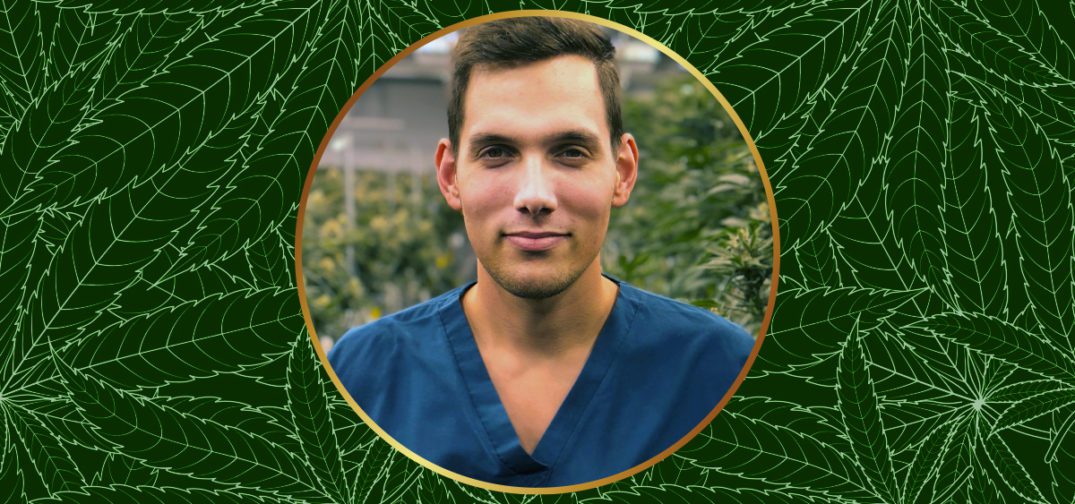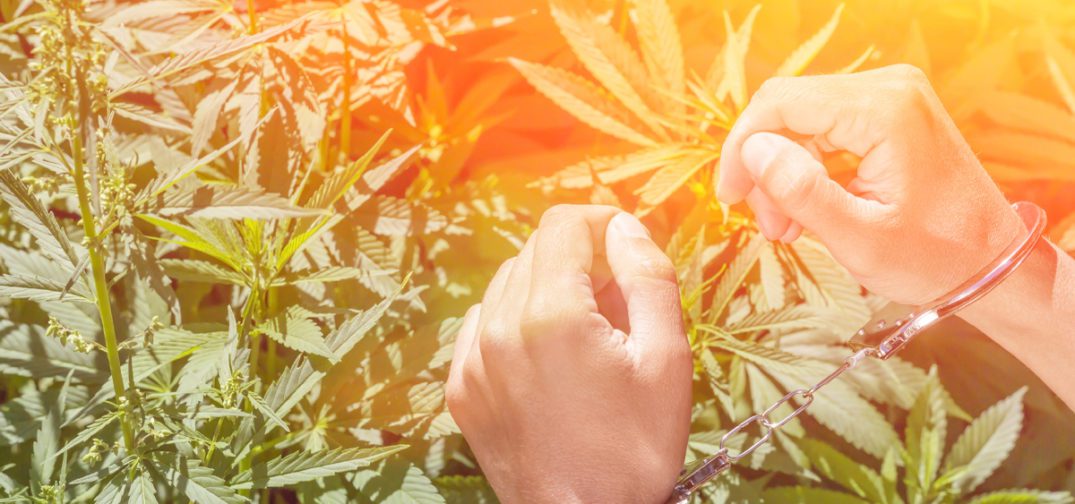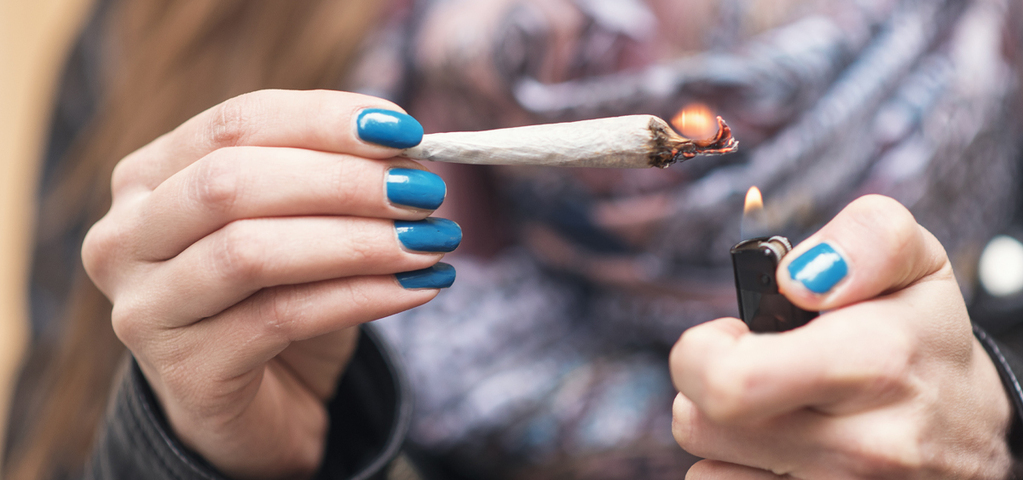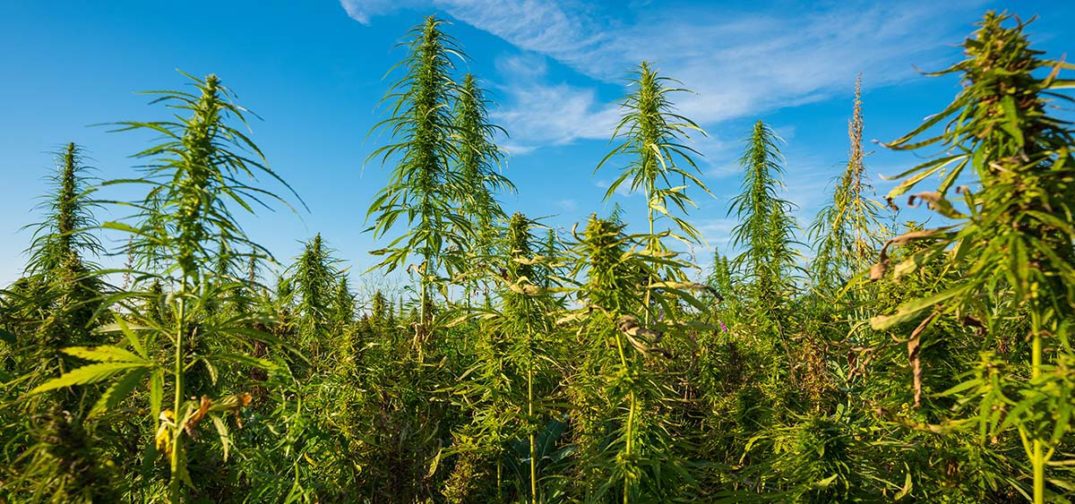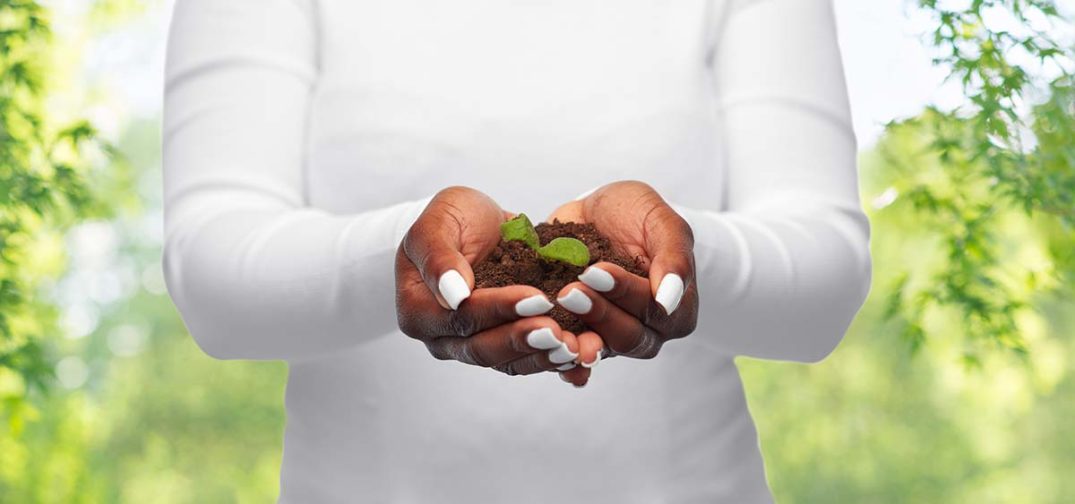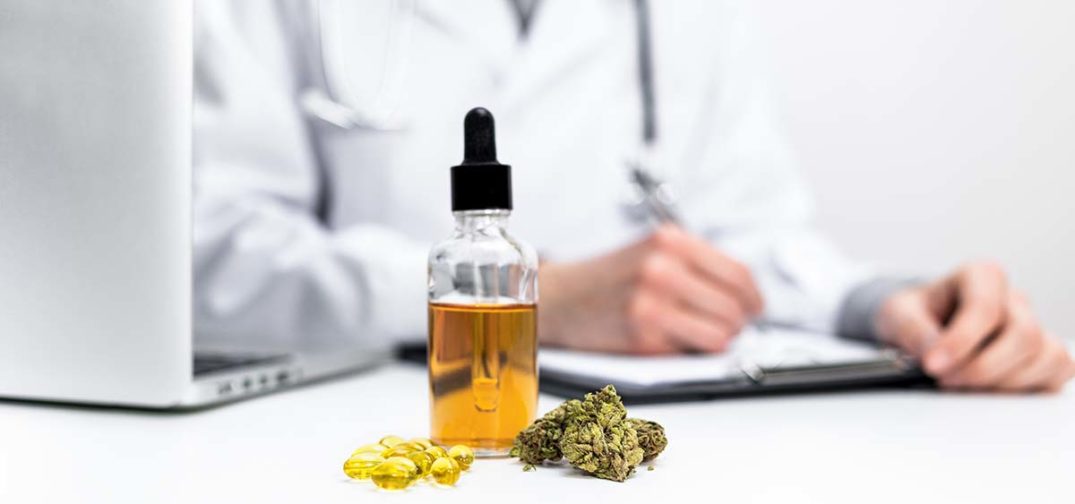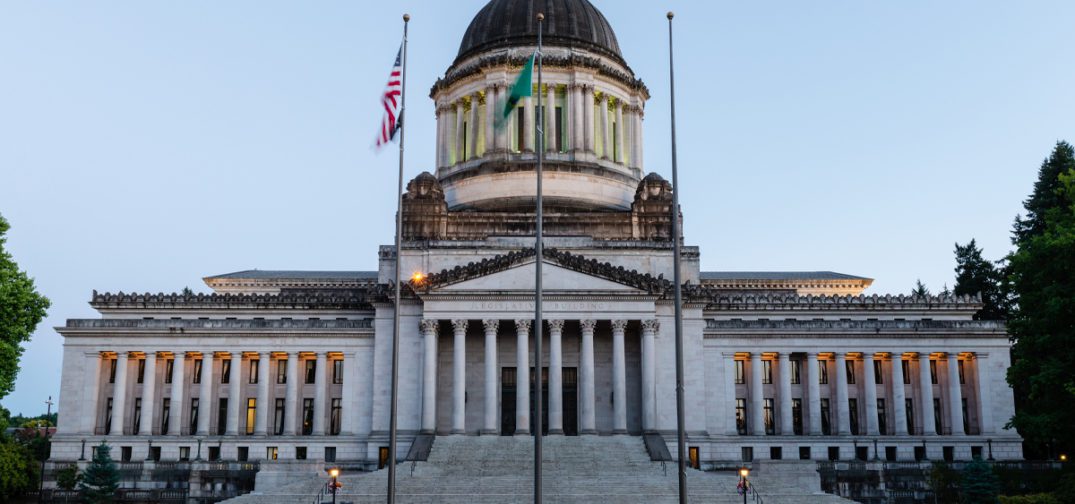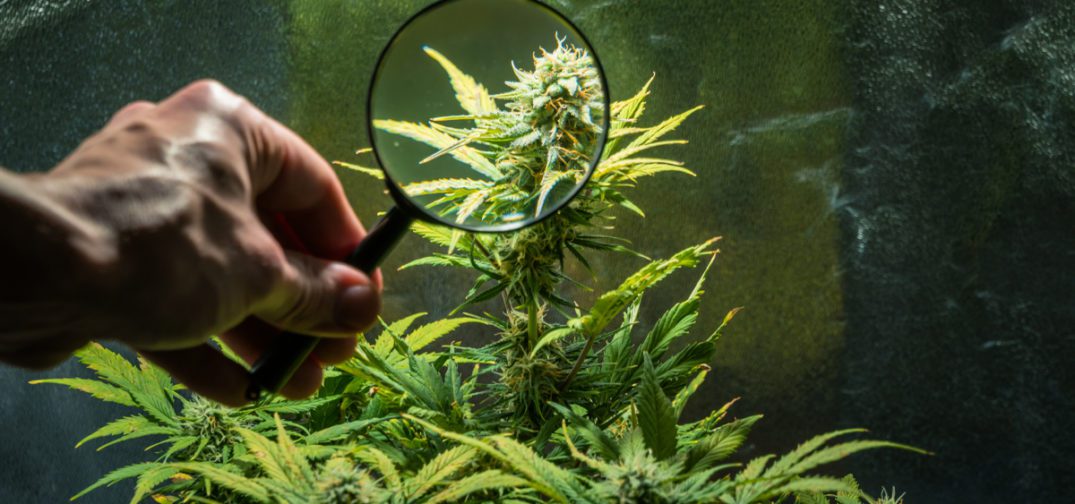Cultivation consistency can be an issue for any cannabis operator but for multi-state and vertically integrated companies like Holistic Industries, it requires extra levels of effort and expertise.
For our latest Q&A, we’re picking the brain of Holistic’s Regional Cultivation Manager Nick Denney, who oversees the company’s cultivation efforts across multiple state markets. This interview covers the benefits of a formal agriculture education for cannabis growers, how Holistic utilizes technology to enable craft cultivation at an industrial scale, strategies for crop steering and selecting new phenotypes, and more!
Read the full interview below.
Ganjapreneur: Before Holistic Industries you earned a Master’s degree in industrial, commercial agronomy from the University of Florida. Would you recommend a formal education for people wanting to work in cannabis cultivation?
Nick Denney: It’s hard to replace what you can learn from a formal education in agriculture, but harder to replace experience in the field. I’ve seen plenty of people without degrees that could run circles around PhDs. If someone has the opportunity and resources to seek out formal education in agriculture, I definitely recommend it, but make sure to pick a program that fits the path you want to take in your career. The best thing they can take away from formal education is to be better equipped to solve problems in the field using a more scientific approach.
How does growing cannabis compare to growing other flowers and niche vegetables in a controlled environment?
I’ve found that a lot of the skills and methodologies that I learned growing greenhouse veggies have seamlessly transferred over to cannabis. Climate and nutrient management are very similar, including the control systems, water treatment, and fertigation. Integrated pest management has many similarities but cannabis is more limited, especially as the flowers begin developing.
There are some key differences such as cannabis being a dioecious crop, meaning it has distinct male and female plants. Promoting pollination on tomatoes in order for fruit to set is essential, but pollination is avoided on female cannabis plants grown for smokeable flower. Another key difference is the postharvest process. Cannabis flowers are dried and cured in preparation for the end-user, while veggies are typically picked and sold fresh.
What tools are essential in marrying craft cultivation and industrial agriculture?
In order to grow craft cannabis at scale, we need a high level of control, data collection, and management. The spaces that we grow in must be designed and engineered to keep the plants in balance at all times. Most of that is done through the building management systems (BMS), which control climate and fertigation.
We like to grow a lot of variety in each facility, but all cultivars have specific needs. We can’t treat them all the same and always expect the best phenotypic expression. The BMS is used to break up irrigation and dimming zones within rooms to give us the flexibility needed to give each cultivar exactly what it wants. We use AROYA to closely monitor cultivar-specific habits and performance is key to achieving consistent high quantity and quality harvests. We use the information from AROYA to build crop registration forms, which are essentially recipe books for each cultivar that we grow. The growers creating those forms and learning each cultivar’s habits are the most important piece of the puzzle. I’m fortunate to get to work with a great team of growers who have a shared passion for bringing the best possible expression out of the plants.
How has switching from HPS to LED systems changed the cultivation environment, process, and output?
Switching to LEDs has allowed us to significantly increase the average light intensity over the canopy. Light intensity is directly correlated to yield (to a point) and a good rule of thumb is “1% more light = 1% more yield.” However, this logic assumes that you have balanced all of the other variables such as temperature, humidity, CO2, substrate water content & EC, etc. to meet the new demands of the crop.
While we have transitioned smoothly away from HPS, we had to take a different approach under LEDs. In order to keep the leaf surface temperature elevated, we tend to target a higher ambient temperature under LEDs to make up for the lower heat fraction from the fixtures. We’ve also noticed the plants demanding a higher concentration of feed, especially at certain stages of maturity.
The increase in light intensity under the LEDs has led to a significant rise in output per square foot of canopy and the ratio of saleable flower to trim.
What is crop steering, and how have you applied this growing method to Holistic Industries’ cultivation workflow?
Crop steering is the use of climate, irrigation, or plant management cues to encourage a specific type of morphological growth. Vegetative cues are used to promote the growth of stems and leaves, as well as bulking the flower. Generative cues are used to focus plant growth on flowers, decrease internodal spacing, and ripening of the flower prior to harvest. At Holistic, we have built a standard crop steering suggestions table for each week of the growing process. This is a good foundation for the growers to start with, but under the expectation that each cultivar will require moderate adjustments to the chart based on how those cultivars perform in our facilities.
What software and technology have assisted your team in crop steering large-scale cannabis grows?
Although our BMS systems help us control climate and fertigation programs, the implementation of AROYA in all of our facilities has been a critical component to efficiently scaling production across states. I can use my computer or phone to view what is happening in every zone in every state. It has also helped us gather and store information that we did not previously have. We use the data from AROYA to make more informed climate and irrigation decisions on a day-to-day basis, leading to a healthier crop and a greater phenotypic expression.
How often do you pheno-hunt? Where do you look for new genetics to test in the grow rooms?
We try to start new seeds about once a month, but we are constantly looking at ways to increase that frequency. Pheno hunts start with selecting seeds with strong genetics. There are so many talented breeders, but we have a few favorites that we like to focus on. There is a lot of research that goes on in the background to make sure we are selecting seeds that have a good chance of meeting our expectations in final flower form. Pheno hunting takes plenty of time and effort that we don’t want to waste on bad seeds.
When introducing new flavors, how many new phenotypes will make it to the product line? What factors determine which strains will continue with the brand?
It is very difficult to pick just one pheno out of some of these hunts. There are often several in each hunt that could be winners in many gardens. The majority of the time we are only keeping one in order to save valuable real estate in a veg room. Krome White (Swamp Boys Seeds) said it best: “Like the movie Highlander, there can only be one.” If there’s a situation where we really can’t decide, we will run them through our flower rooms again to see which one works best for us. The general traits that we like to observe are smell, taste, yield, effects, cannabinoid/terpene percentage, flower/plant structure, flowering time, pest/disease resistance, and how the plants respond to our horticultural practices. Usually, the pheno that checks the most boxes ends up being the winner.
Where is Holistic Industries cannabis available for purchase? Are products available outside of the vertically integrated Liberty retail shops?
Cultivation is operational in Washington DC, Maryland, Massachusetts, and Pennsylvania and soon to be in Michigan, Missouri, West Virginia, California, and more. Our products can be found in stores outside of Liberty in dispensaries across each market.
Thanks, Nick, for answering our questions! To learn more, visit HolisticIndustries.com.

